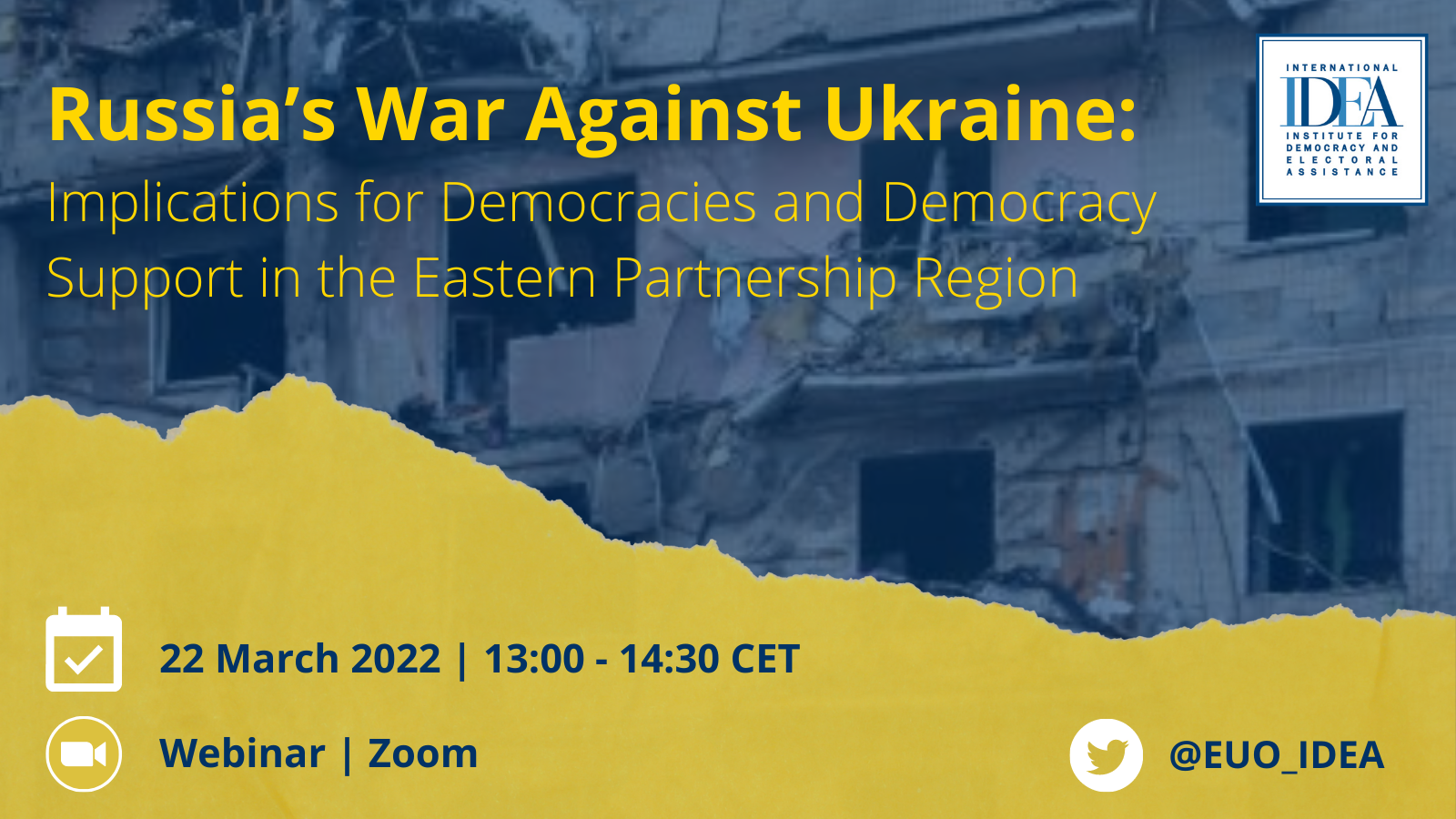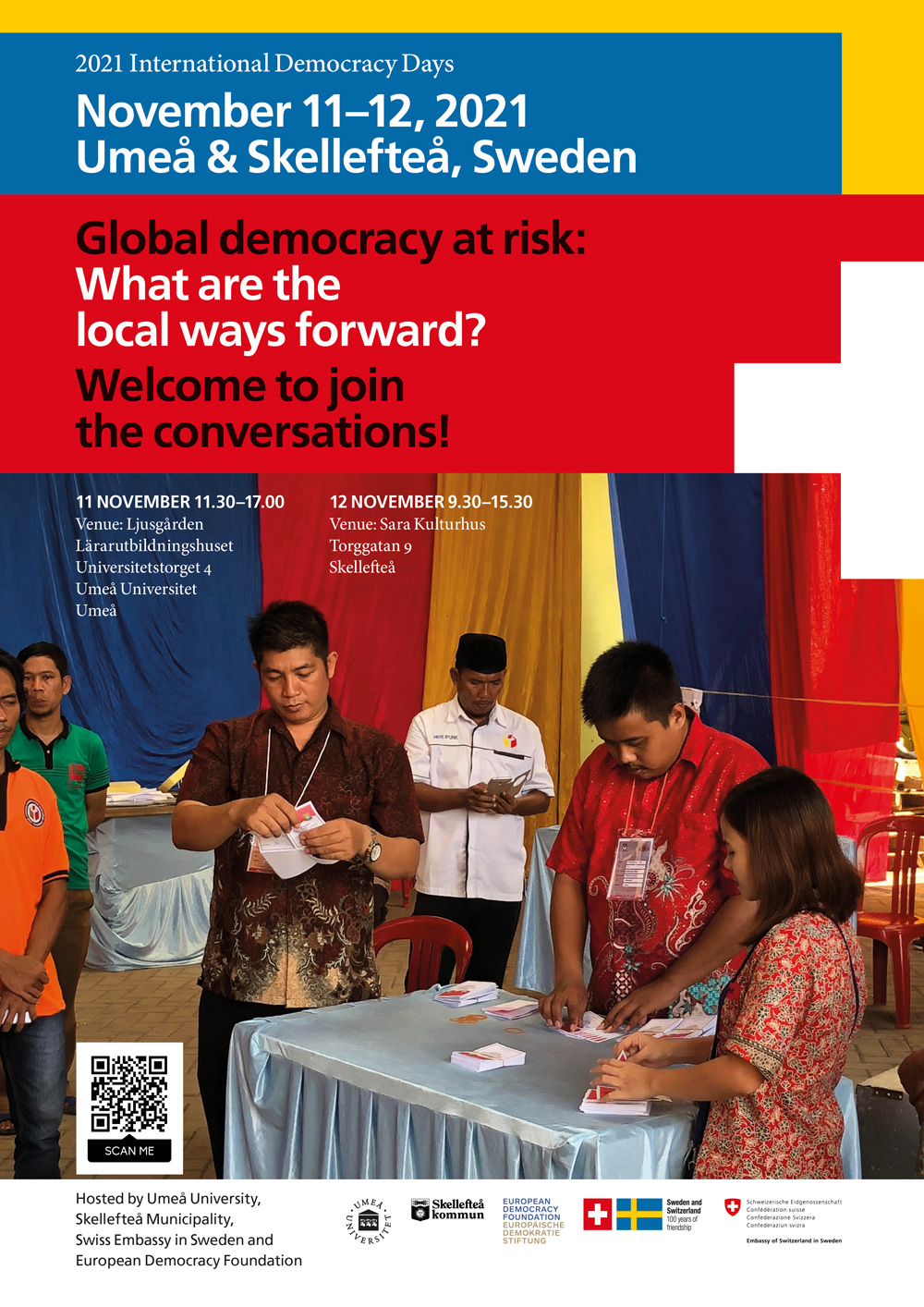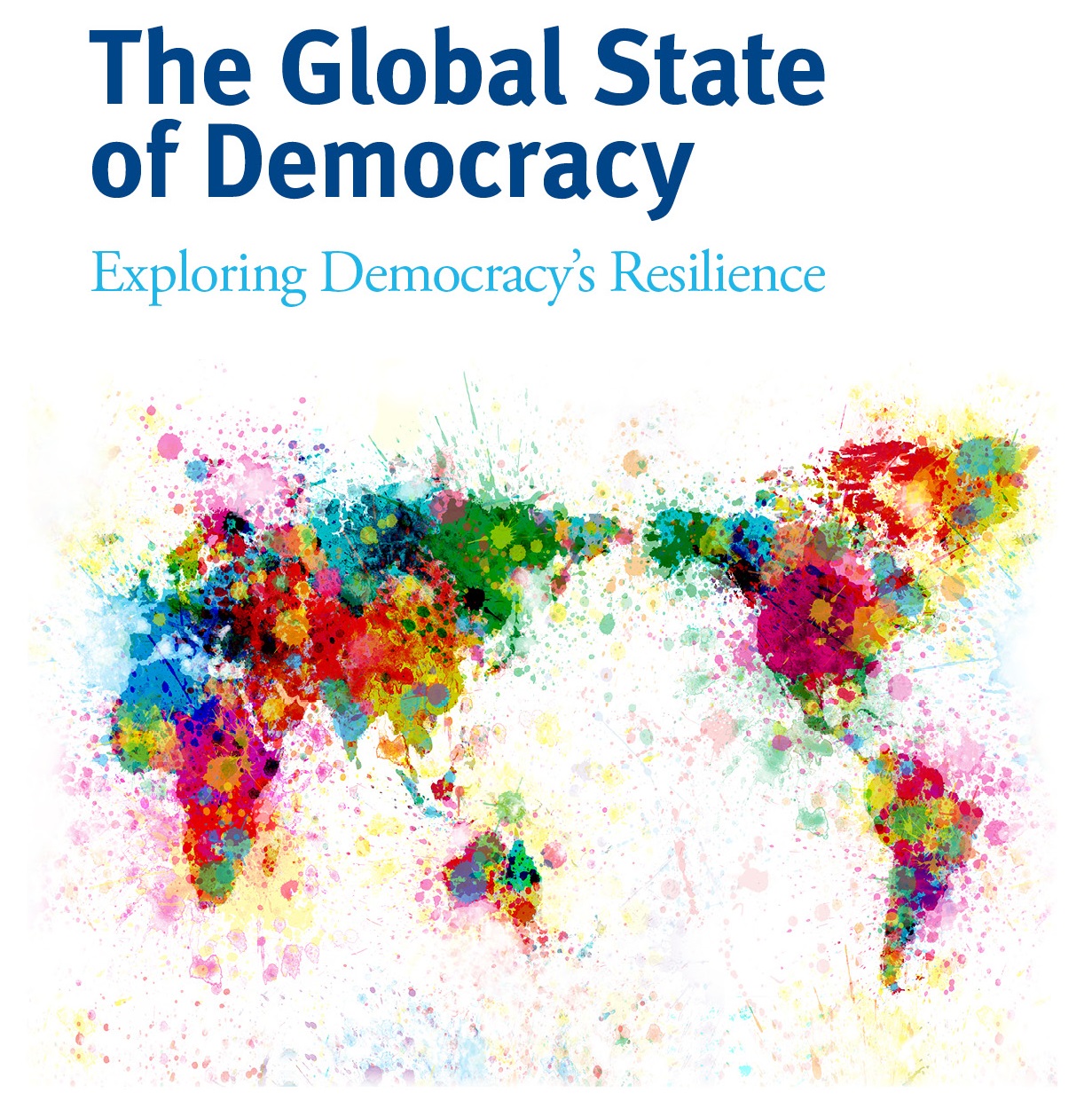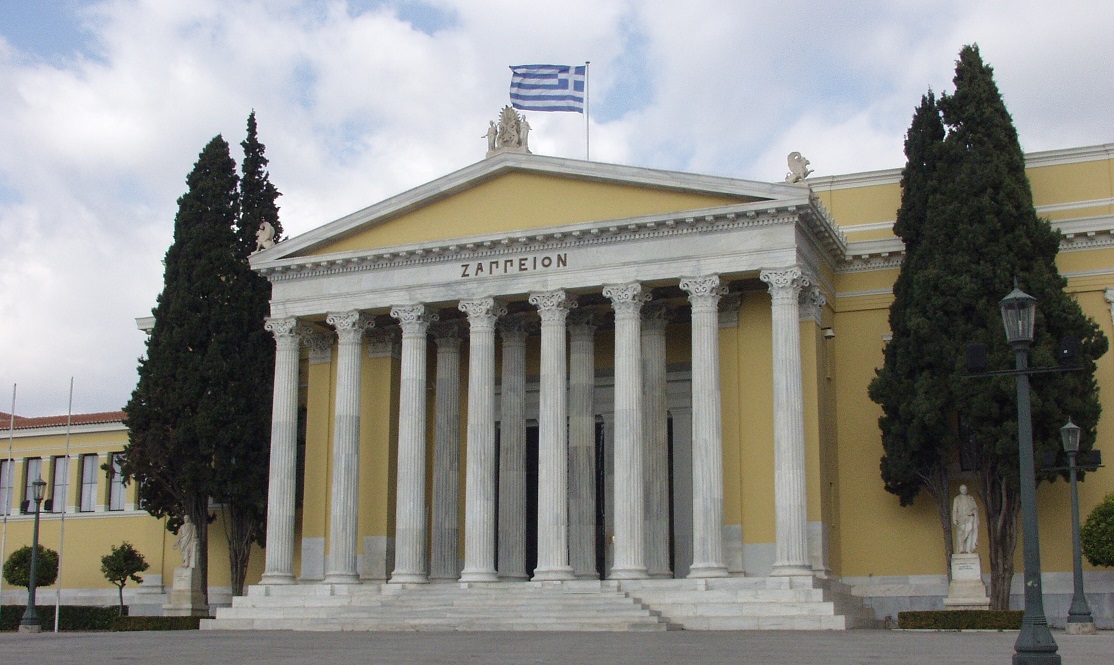Russia’s War Against Ukraine – Implications for Democracies and Democracy Support in the Eastern Partnership Region

Join our online roundtable that aims to contribute to a better understanding of the current and likely future effects of Russia’s invasion of Ukraine on democracies in Armenia, Georgia and Moldova. In addition, the discussion will aim to distill recommendations on how national and international democracy assistance providers should revise their actions in response to this crisis.
REGISTER HERE
Three speakers from Armenia, Moldova and Georgia will review the unfolding effects of Russia’s war in Ukraine on democratic development of their countries, and delve into the following key questions:
- How will the war affect democracies in the three EaP countries of Armenia, Georgia and Moldova? What positive and negative consequences are expected?
- What are the particular vulnerabilities where the democratic progress could be rolled back?
- How should national and international actors change their strategies for democracy support following Russia’s war against Ukraine?
CONTEXT
Armenia, Georgia, and Moldova continue to strengthen their democratic systems. Achievements, albeit with many challenges, include improvements to the conduct of elections, increasing the transparency and accountability of government institutions, and maintaining an open, civic space for citizens and media to openly debate, question, or challenge their governments. It is no wonder President Putin is scared of such democratic vibrancy at his doorstep.
Russia’s invasion of Ukraine and the objectives it pursues through this war—replacing Ukraine’s democratically elected government with another, ‘friendly’ regime—once again demonstrates the nature of Russia’s interests in its neighborhood.
Just days after the start of Russia’s invasion of Ukraine and following Ukraine’s urgent application for membership of the EU, Georgia and Moldova also sent in their applications. These declarations once again commit these countries and their incumbent governments to build a European-style democracy—where human rights and the rule of law are sacrosanct and where state power is constrained by democratic checks and controls.
These developments, even if the accession remains a distant prospect, signal a resolution of all three countries to further invest in democratic qualities. If there is a positive fall-out to be found from this devastating war, this could be it.
But what other effects can be anticipated on these fledgling democracies fraught with multiple structural and institutional challenges? Could the war and its fall-out on the region’s economies unravel social and political instabilities? Against this backdrop, will the political elites and the public, witnessing Russia’s attack on Ukraine, find the resolve to continue building pluralistic, democratic systems? Or will the governments, using the argument of war at their doorstep, increasingly resort to majoritarian or even authoritarian methods of governance? Will they focus on the fight against corruption and oligarchic influence (a large majority of local oligarchs are connected with Russia) or will the economic pressures result in moving away from this vital agenda? Will the state of emergency and a prevailing sense of crisis allow for conditions to build independent judicial bodies and a strong rule of law? Will civic groups and watchdogs find it harder to fight for independent media and their ability to check government actions?
AGENDA
Download the Event Programme as a PDF.
Date: Tuesday, 22 March 2022
Time: 13:00-14:30 (CET/Brussels)
Mode: Online | Webinar (based on registration)
Welcoming Speakers
Opening remarks by International IDEA
Opening remarks by DG NEAR (TBD)
Speakers
 Mr Igor Botan, Executive Director of the Association for Participatory Democracy (ADEPT), Moldova
Mr Igor Botan, Executive Director of the Association for Participatory Democracy (ADEPT), Moldova
Since 1999, Mr Botan is Executive Director of the Association for Participative Democracy (ADEPT), one of the leading Moldovan NGOs advocating for democratic reforms across a range of fields such as elections, public administration, judiciary, and others. Mr Botan is a thought leader in the country and in the broader EaP region, and has led various civil society advocacy and monitoring efforts to foster implementation of the Moldova – EU Association Agreement.
 Ms Tinatin Khidasheli, Chairperson at CIVIC IDEA, Georgia
Ms Tinatin Khidasheli, Chairperson at CIVIC IDEA, Georgia
Ms Khidasheli currently serves as the chairperson for Georgian think tank Civic IDEA. Previously, she was Georgia’s Minister of Defense, the first woman in that post. She has served as a member of the Georgian Parliament during 2012-2014 . Ms Khidasheli has championed important human rights and democracy reforms in Georgia, many of which she has advocated for as head of Georgia’s Young Lawyers Association.
 Ms Lousineh Hakobyan, Founding Member and President of the Europe in Law Foundation, Armenia
Ms Lousineh Hakobyan, Founding Member and President of the Europe in Law Foundation, Armenia
Since 2011, Ms Hakobyan has led a wide range of advocacy efforts to promote rule of law, free and fair elections, freedom of assembly and association and many other causes. She has worked to ensure open, transparent and fair contests for the selection and appointments to public offices, including in the judiciary and in investigative bodies. Ms. Hakobyan has worked as an investigative journalist and has a long-standing experience in strategic litigation in Armenia and with the European Court of Human Rights.
Moderator
 Ms Nana Kalandadze, Programme Manager at International IDEA’s Regional Europe Programme
Ms Nana Kalandadze, Programme Manager at International IDEA’s Regional Europe Programme
Ms Kalandadze leads International IDEA’s initiatives in the Eastern Partnership region. She has over 15 years of experience in designing and managing democracy assistance initiatives aimed at supporting national and regional efforts for clean elections and integrity of political finance, supporting constitutional reforms for democratic and inclusive governance, and promoting equality in politics. Nana co-authors International IDEA’s knowledge resources on the State of Democracy in Europe.
Event languages
- English
- Georgian
- Romanian
- Armenian
- Ukrainian
The event audience will include representatives of state institutions and civil society organizations from Armenia, Georgia and Moldova, and international democracy assistance providers working in the region. The recording of the event will be later available on YouTube.


